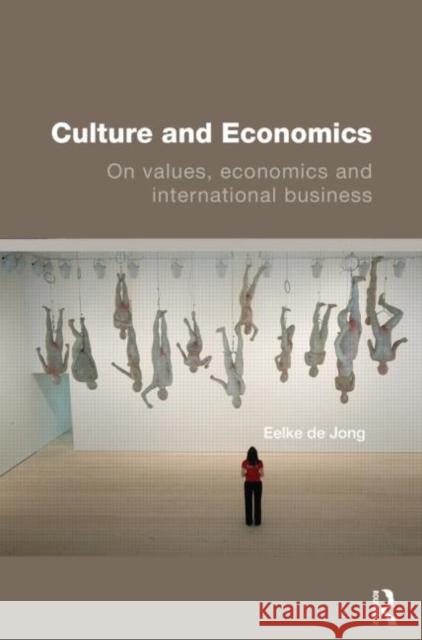Culture and Economics: On Values, Economics and International Business » książka
Culture and Economics: On Values, Economics and International Business
ISBN-13: 9780415438889 / Angielski / Miękka / 2009 / 256 str.
Culture and Economics: On Values, Economics and International Business
ISBN-13: 9780415438889 / Angielski / Miękka / 2009 / 256 str.
(netto: 289,15 VAT: 5%)
Najniższa cena z 30 dni: 287,08
ok. 16-18 dni roboczych.
Darmowa dostawa!
Since the early 1990s, culture, in the sense of norms and values, has entered economic analysis again, whereas it was totally absent from mainstream economics during most of the second half of the twentieth century. The disappointing results of mainstream economics and developments in the world economy triggered an awareness of the relevance of the context in which people make decisions. Developments which were triggering this were the unexpected high growth rates in Asia, (the Asian miracle), the transition of previously centrally planned economies and the increased attention for the role of religion after 9/11/2001. Some of the areas this research covers are:
- The history of culture in economics from Adam Smith to the present
- The way culture is incorporated into economic analysis
- Methods used in empirical analysis on culture and economics
- Culture as an explanatory factor of cross-country difference in institutions and performance
Since the early 1990s, culture, in the sense of norms and values, has entered economic analysis again, whereas it was totally absent from mainstream economics during most of the second half of the twentieth century. The disappointing results of mainstream economics and developments in the world economy triggered an awareness of the relevance of the context in which people make decisions. Developments which were triggering this were the unexpected high growth rates in Asia, (the Asian miracle), the transition of previously centrally planned economies and the increased attention for the role of religion after 9/11/2001.
Some of the areas this research covers are:
- The history of culture in economics from Adam Smith to the present
- The way culture is incorporated into economic analysis
- Methods used in empirical analysis on culture and economics
- Culture as an explanatory factor of cross-country difference in institutions and performance
Culture appears to be relevant for explaining differences between otherwise similar countries; in particular OECD-countries. Uncertainty avoidance, for example, significantly explains the relative importance of financial markets. This book is the first that provides an overview of the field of culture and economics and will be of use to postgraduate researchers in the field of economics and culture.











